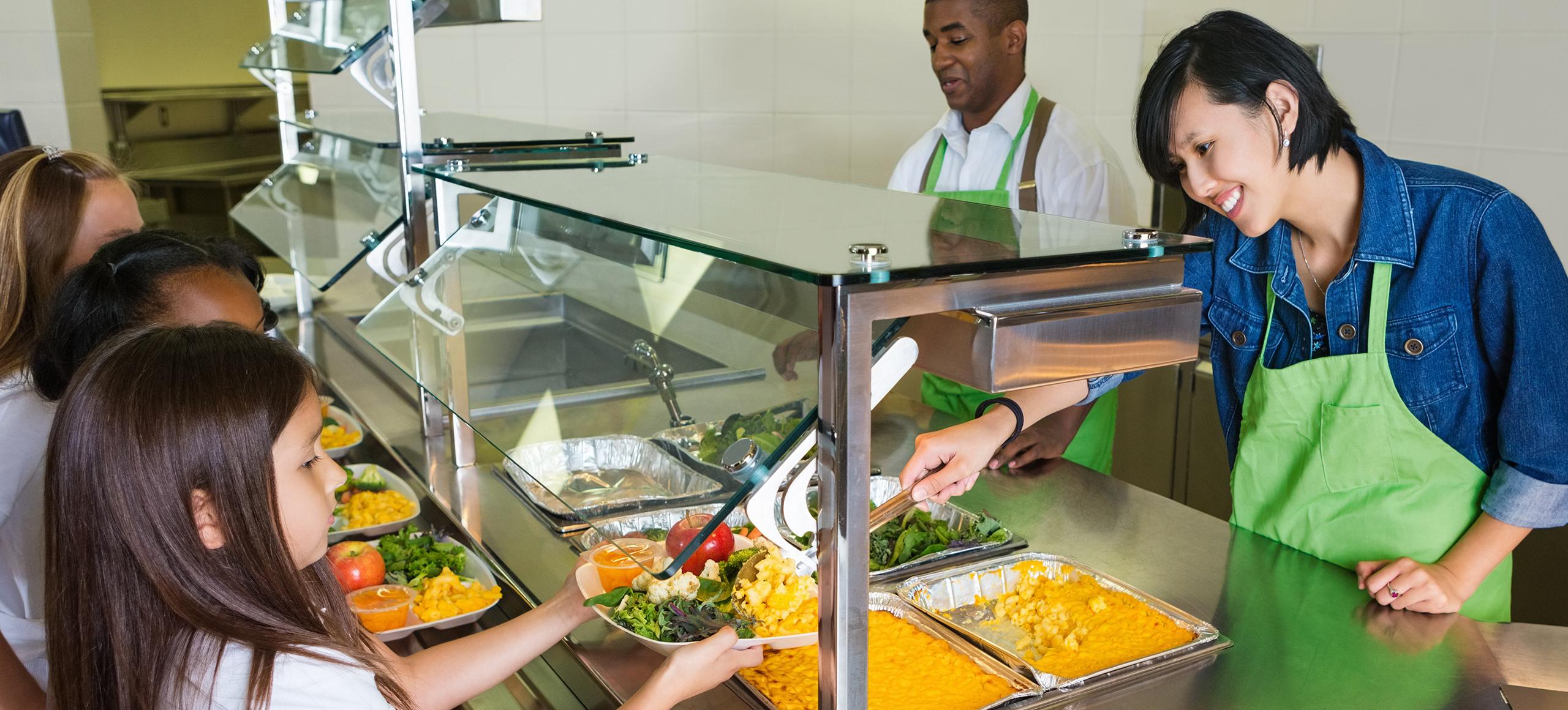Get in touch
BRITA Managed Services monitor water filter usage and test water hardness, meaning filters can be exchanged on time. This helps equipment run more efficiently and also avoids expensive repairs and equipment breakdowns due to limescale build-up.
For more information on BRITA Professional’s Rely Chain campaign, please click here to see how we are shining a light on fostering reliability within the supply chain.














